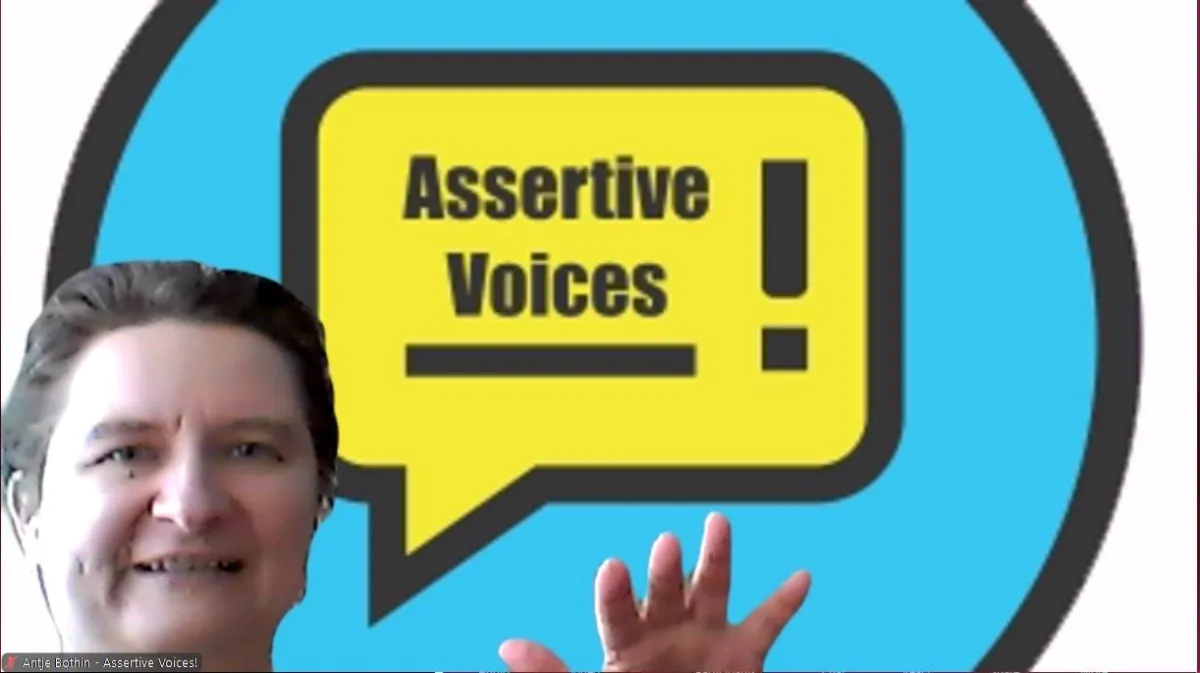Reclaim Your Power. Rewrite the Rules
Learn What Matters. Grow What is Yours. Succeed on Your Terms.

Service 1
START UP COACHING

Service 2
BUSINESS MENTORING

Service 3
COMMUNITY
Turn Your Vision into Reality with Our Expert Guidance.
Where Your Inner Power Becomes the Blueprint for Your Legacy
Learn, Grow, Succeed.
Mentoring and coaching for female entrepreneurs who are ready to lead with clarity, emotional safety, and unapologetic impact.
Unleash Your Inner Power
In B.L.A.S.T. we believe your inner power is not just a feeling, it is a framework.
This is where your beliefs, boundaries, and boldness become the architecture of your legacy.
Whether you are building a business, a movement, or a message, we help you lead from within, without burnout, apology, or self-abandonment.
Turning Your Inner Power Into Bold, Purpose-Led Growth

Assertive Voices

I highly recommend Tony. If you are struggling with your mindset and feel stuck, overwhelmed or burnt out, Tony will support you to build a sustainable and successful business, in which you stay committed, positive and calm. Tony is a great mentor and coach who provides guidance, practical advice and accountability. Working with Tony helped me to gain clarity and confidence about important decisions for the development of my coaching business. Together, we explored strategies for branding, lead generation, client acquisition, program content creation and delivery. Thank you so much, Tony. 🙏

Breality Space

Tony has given me the guidance and reassurance I was lacking being a business owner. I am new to running my own business and tony has guided me and pushed me to get me from where I was to where I wanted to be. This has given me time to put my energies into doing what I do best by helping others. Thank you Tony you make everything seem less confusing easy to understand and you have made me believe in myself again.

Holistic Ftness with Lisa

Tony is a great coach, supportive and knows the exact words ti say to flick a switch in your mind , Tony is a no nonsense coach, he's helped me with a breakthrough and if I hadn't had his help I don't think I would have moved forward as much as I have . Highly recommended

